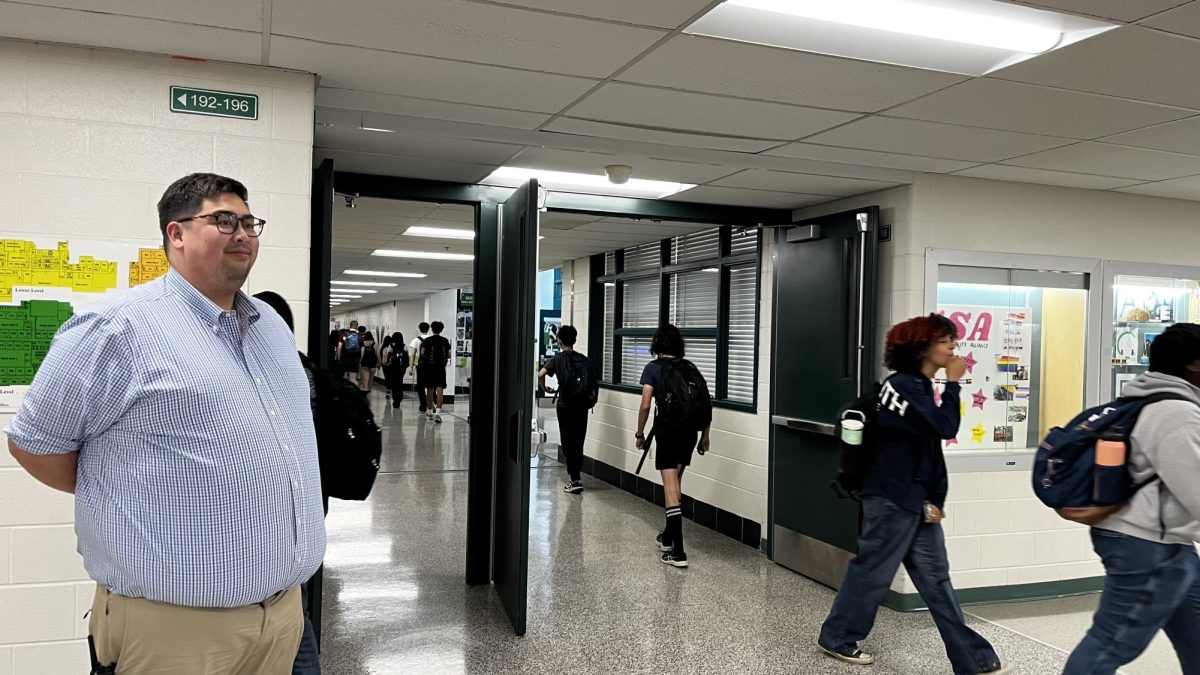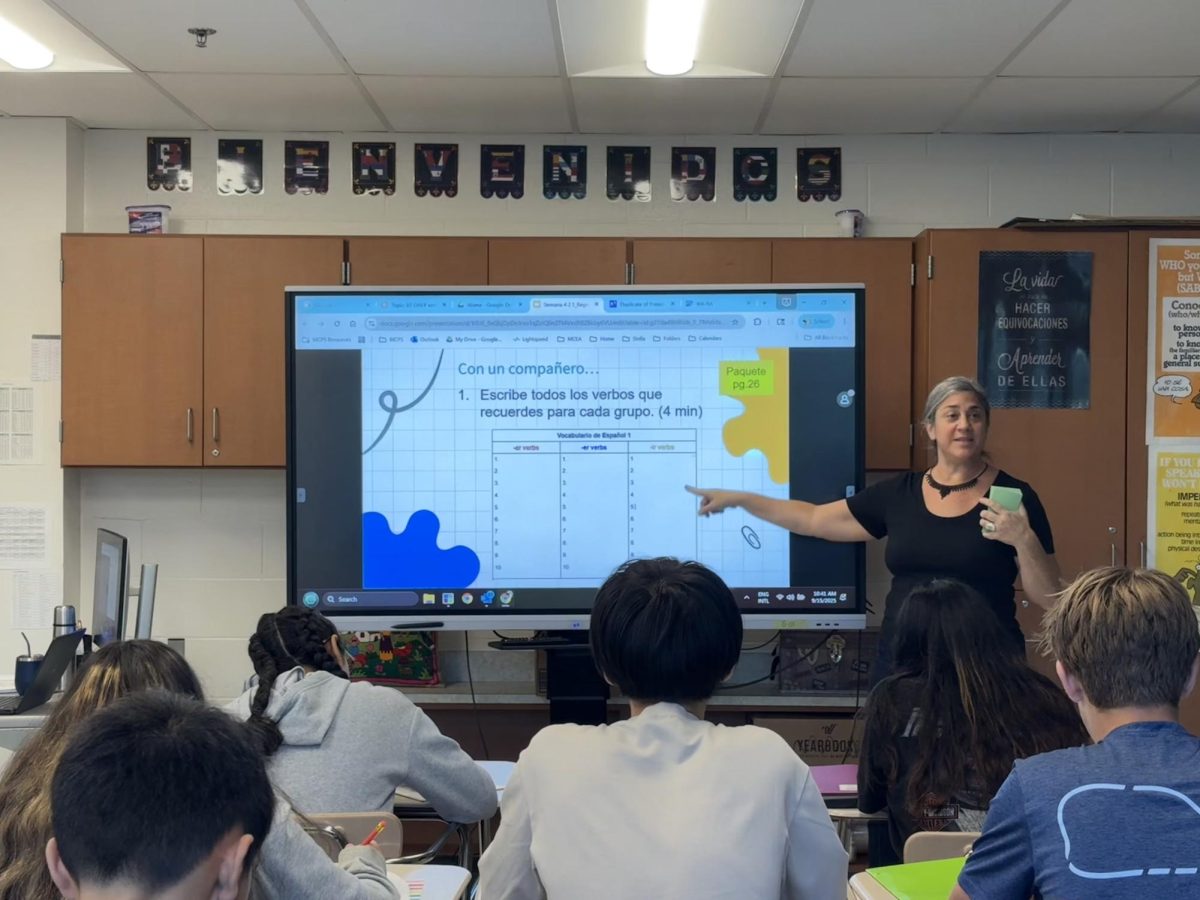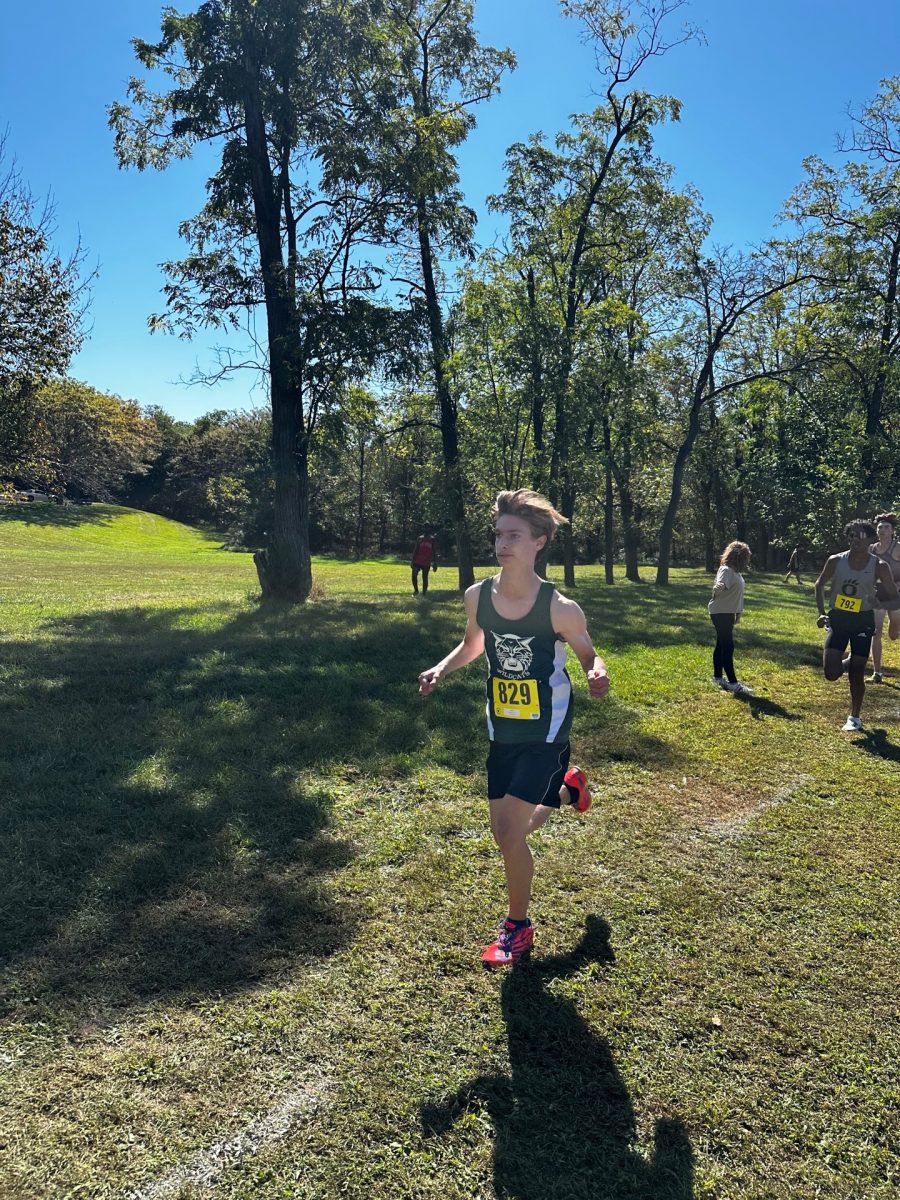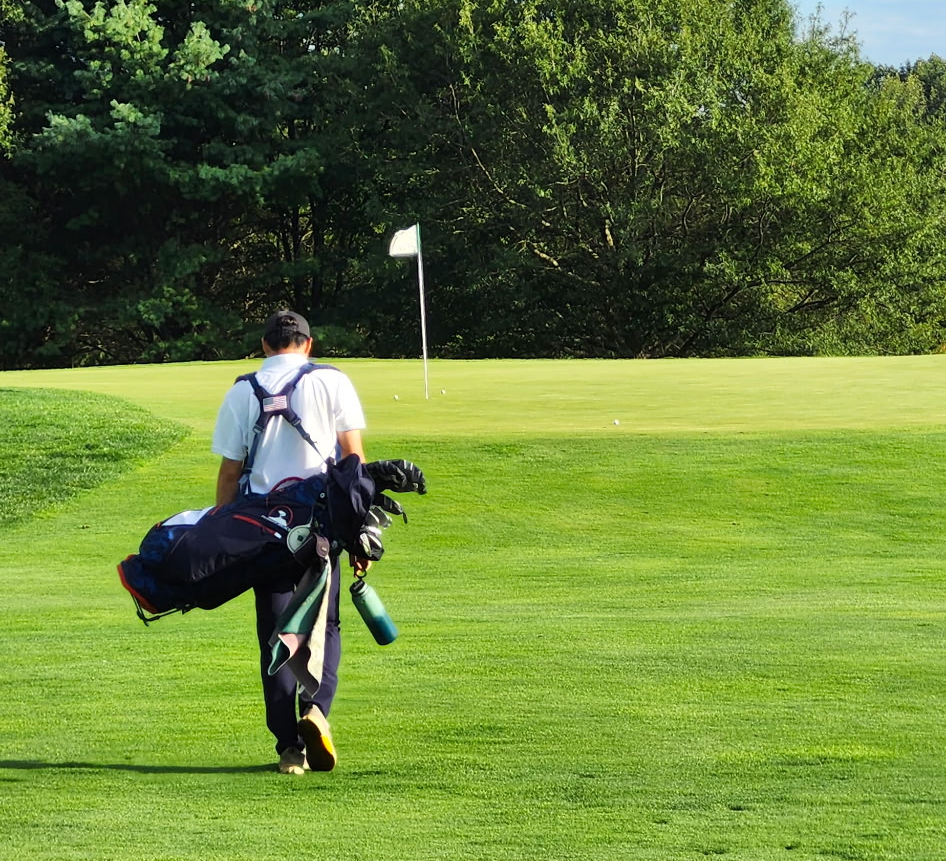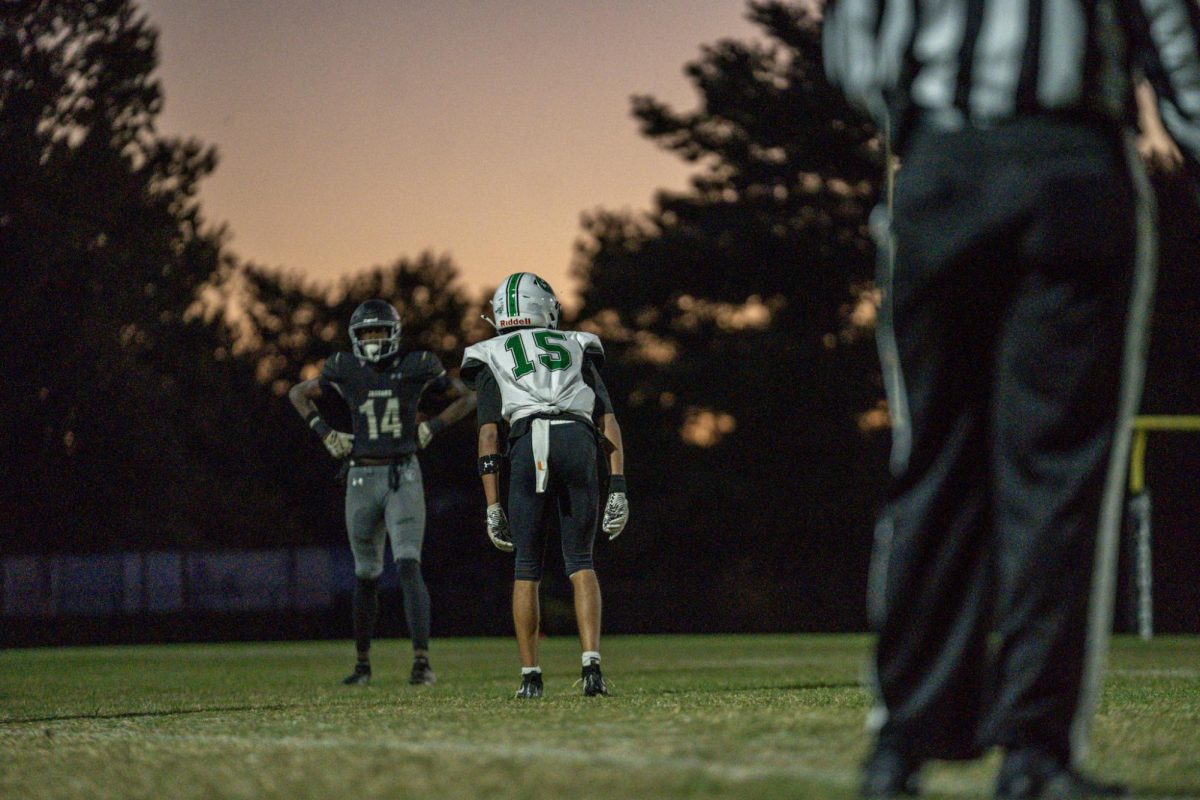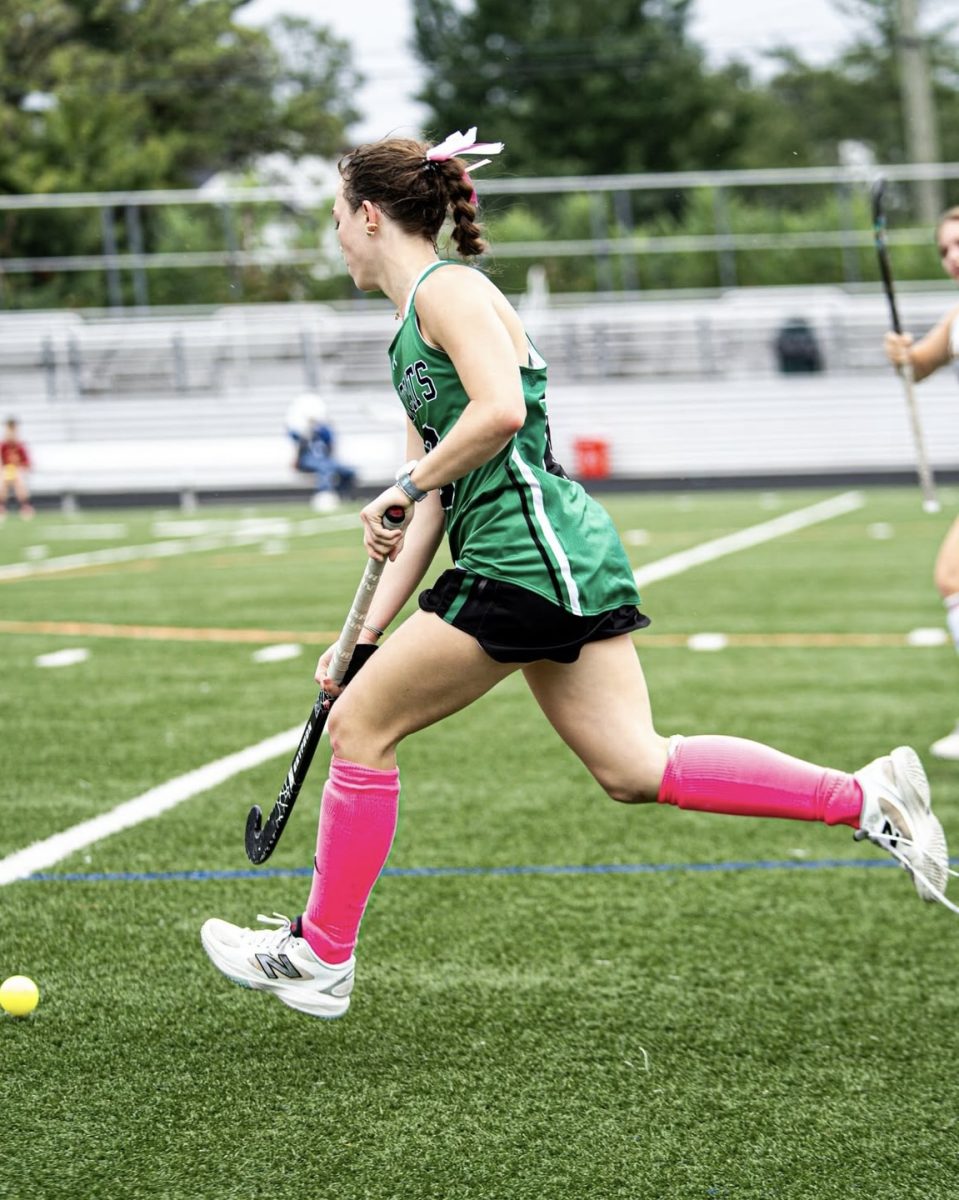Over the summer, many conversations about race relations began throughout the United States following the murder of George Floyd. Many students in educational institutions created Instagram accounts where Black students can share their experiences with racism anonymously in a safe space.
WJ wasn’t an exception. The @blackatwj account has received over 85 responses from all grades as well as from alumni of WJ and has amassed over 1.6k followers, creating a much needed platform for Black voices.
Below is our Q&A with the creators of the account.
Q: What was the purpose of the account?
A: To create a safe space for black students and alumni at WJ, through sharing experiences and providing community.
Q: Did you expect that many responses?
A: No, we expected a few people to come forward with experiences, but not the amount of people we saw. It just shows how much collective hurt we’ve experienced.
Q: How has the account helped the Black community at WJ?
A: We would say the account has helped the Black community by offering a sanctuary to share our experiences- both positive and negative, it’s reaffirming to hear you are not alone.
Q: What reactions have you got from the WJ community (students and teachers)?
A: We have an overwhelmingly positive reaction, but of course with discussions about race comes discomfort, which will always upset some people and cause them to react negatively.
Q: How do you think WJ students can do better to eliminate racial problems?
A: Racial problems can never be completely eliminated within our system, but with awareness, study, and work WJ students can become more sensitive to racial issues and seek out the solutions.
Q: Have you gotten a response from the WJ Administration? If so, what?
A: In an interview, they publicly addressed the account and they referred to study circles as the solution; we have some intel about the study circles and we have 0 confidence. We held a post forum about potential action items and they fail to follow any of the suggestions.
Q: Did you face any backlash, gaslighting, tone policing… from students?
A: Yes. We have had a couple of posts where people had come to gaslight and tone police because a teacher or student being called out was close to them- it’s completely unacceptable regardless of the race of the person gaslighting. Racial gaslighting from a Black peer is still racial gaslighting.
Q: What do you think are problems facing Black people at WJ in clubs and organizations, administration, student body?
A: There’s a lack of an environment that provides safety and comfort to Black students. We have a lack of representation in clubs, leadership, SGA, etc. but the lack of Black people happens for many reasons and has many outcomes. To the point where Black people are erased from the school, nowhere to be seen on the school’s online presence, nowhere to be seen at football games, nowhere to be seen at events, and so on. There is simply no environment for Black people to flourish.
Q: What are the ways to eliminate those problems?
A: In order to address these problems we’d have to dig at the root, we could supplement for Black people all day long but it will never actually address the issue without getting at the root. That will take more than one action item or study circles.
Q: What do you think non-Black should do better in their every day going forward to eliminate internalized racism and performative allyship?
A: Allyship is a complicated idea – We can’t give a step by step because that’s impossible, but the best route to help make the lives of their black peers marginally better is to always remain sensitive, invest in understanding their issues and where the root lies (reading), donating to Black people if they can, and most important step back and reflect when being called out on a harmful action or mindset.
Q: What is something non-Black people should know about racism?
A: Anti blackness- is how violent it is, it’s not just a dismissible misstep, it’s traumatizing and deep-rooted and needs to be treated as such.







